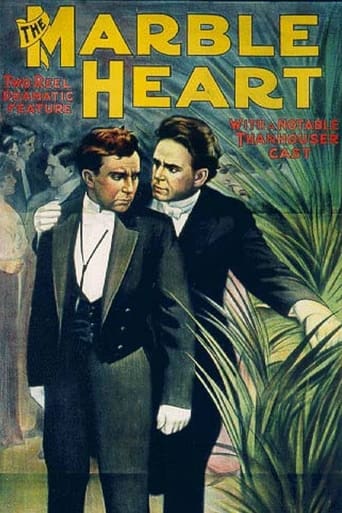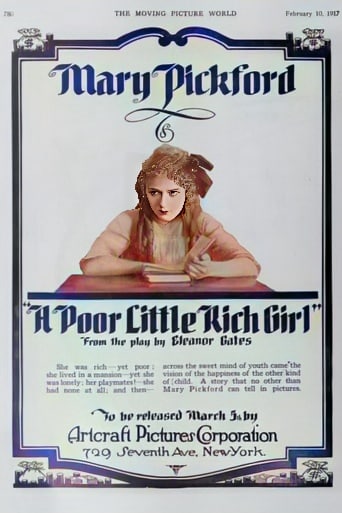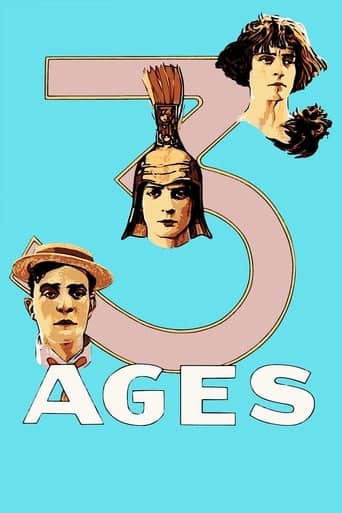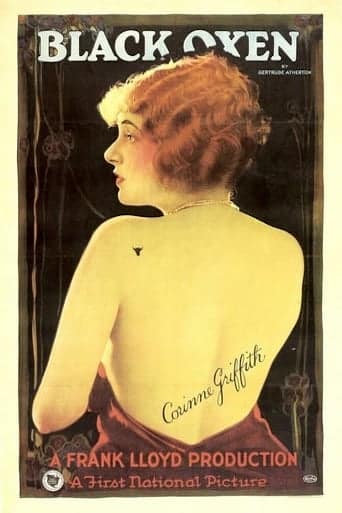The Marble Heart (1913)

 In the early years of silent cinema, “The Marble Heart” (1913), directed by Charles Selby and starring Marguerite Snow, James Cruze, and Florence La Badie, emerges as a timeless exploration of love, art, and the profound consequences of misguided affections.
In the early years of silent cinema, “The Marble Heart” (1913), directed by Charles Selby and starring Marguerite Snow, James Cruze, and Florence La Badie, emerges as a timeless exploration of love, art, and the profound consequences of misguided affections.
At the heart of the narrative is the home of a sculptor and his mother, where the story commences with a destitute young girl finding solace and care. As time unfolds, the mother embraces the girl as her own daughter, while the son, initially offering only brotherly affection, experiences a transformation in his feelings.
The son’s misgivings evolve into something more profound when he pays scant attention to a young beauty he encounters at a reception—a woman characterized as possessing a heart “cold as marble.” This piques the beauty’s interest, as she is accustomed to receiving unwavering adulation. Determined to captivate the son, she offers to pose for him, setting in motion a series of events that will test the boundaries of love and art.
Spurred by the beauty’s praise and inspired by her captivating presence, the sculptor creates a masterpiece that earns acclaim from critics. However, fame comes at a price, and the sculptor’s obsession with the beauty leads him to neglect his familial bonds and spend all his time wooing her.
A friend’s warning about the beauty’s true nature falls on deaf ears, and the sculptor falls asleep, entering a dream that transports him to ancient Athens. In this dream, he faces a dilemma reminiscent of his current predicament—a beautiful creation desired by a wealthy man. The dream unfolds, mirroring the sculptor’s reality, as the statue seemingly favors material offerings over genuine love.
The dream serves as a harbinger of the tragic unraveling that awaits the sculptor. Despite finding temporary happiness in the beauty’s company, he discovers her pledge to another. This revelation drives him to despair, and in a fit of madness, he destroys the very masterpiece that brought him fame—a poignant metaphor for the destructive nature of misguided affections.
Rushing to his studio, the sculptor collapses, symbolizing the demise of his artistic and emotional self. The beauty and a friend discover him dying on the floor, a scene laden with melancholy. In a final act of redemption, the friend indignantly orders the beauty from the home she has wrecked, emphasizing the devastating consequences of her actions.
“The Marble Heart” encapsulates the fragility of human emotions and the intricate dance between love and art. The film’s silent canvas becomes a powerful medium for conveying the depth of the characters’ struggles, allowing the audience to immerse themselves in the poignant narrative without the need for spoken words.
In the end, “The Marble Heart” stands as a testament to the enduring nature of silent cinema—a medium capable of evoking profound emotions and exploring complex themes that resonate across generations. Through its captivating storytelling and visual poetry, this silent classic leaves an indelible mark on the canvas of cinematic history, inviting audiences to reflect on the timeless interplay of love, art, and the consequences of choices made in the pursuit of both.
Release Date: May 13th, 1913
Main Cast Members
Marguerite Snow (Marco)
James Cruze (Raphael)
Florence La Badie (Marie)
William Russell (Editor)

 In the early years of silent cinema, “The Marble Heart” (1913), directed by Charles Selby and starring Marguerite Snow, James Cruze, and Florence La Badie, emerges as a timeless exploration of love, art, and the profound consequences of misguided affections.
In the early years of silent cinema, “The Marble Heart” (1913), directed by Charles Selby and starring Marguerite Snow, James Cruze, and Florence La Badie, emerges as a timeless exploration of love, art, and the profound consequences of misguided affections.


